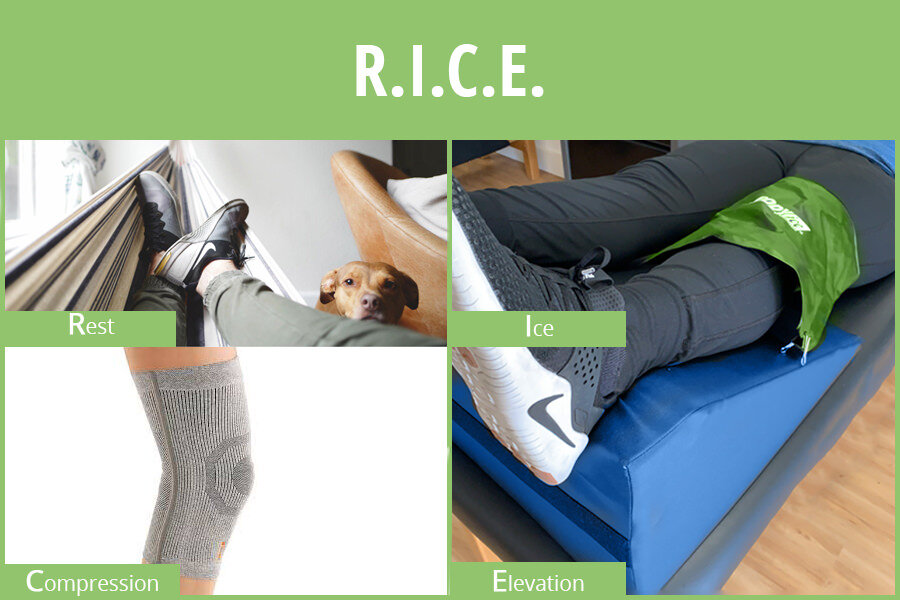Part 1: Is Knee Pain Driving You Knuts?
Did you know that almost 25% of all Americans suffer from knee pain? Knee pain that limits function and mobility, therefore, seriously impacting quality of life. Because of this we’re going to share a series of posts about the 5 questions you need to ask yourself when it comes to your knee pain.
1. What type of pain are you suffering from based on duration?
2. Where is your pain coming from?
3. Do you have the proper support around your knee?
4. What can you do to reduce your chronic knee pain?
5. What can The Knee Joint do to reduce your pain and symptoms?
First, we’ll share how to tell what type of knee pain you’re suffering based on duration. Pain falls into 3 main categories:
Acute lasting 0-3 days
Subacute lasting 3 days - 3 weeks
Chronic lasting more than 3 weeks
For your acute and subacute pain try the R.I.C.E. (Rest, Ice, Compression, Elevation) method and see if your symptoms subside.
Rest: Give your knee some rest, but rest is relative to you and your lifestyle. If you were running 30 miles/week before your pain occurred, your rest may be 10 miles/week. If you did 3 exercise classes a week, try going down to 1 or 2 classes.
Ice: Apply ice to the symptomatic area 3+ times/day for 10-20 minutes. Once pain has reduced and swelling has gone down you can try contract packs (5 min hot, 5 min cold, 5 min hot, 5 min cold) to continue to see improvements.
Compression: You can use an ace wrap or a knee sleeve to provide light compression to help reduce swelling.
Elevation: Make sure to elevate your leg from the knee down higher than your heart by propping your leg up on pillows.
If your pain lingers on longer than 3 weeks it is becoming a chronic problem and it should be addressed by a medical professional. Remember, you can self-refer to physical therapy in the state of California to be evaluated and treated and prevent the delays of traditional healthcare systems. If you cannot wait for the roll out of the remaining blog posts you can catch all the information at once in the video below or request your appointment today via the button below.






